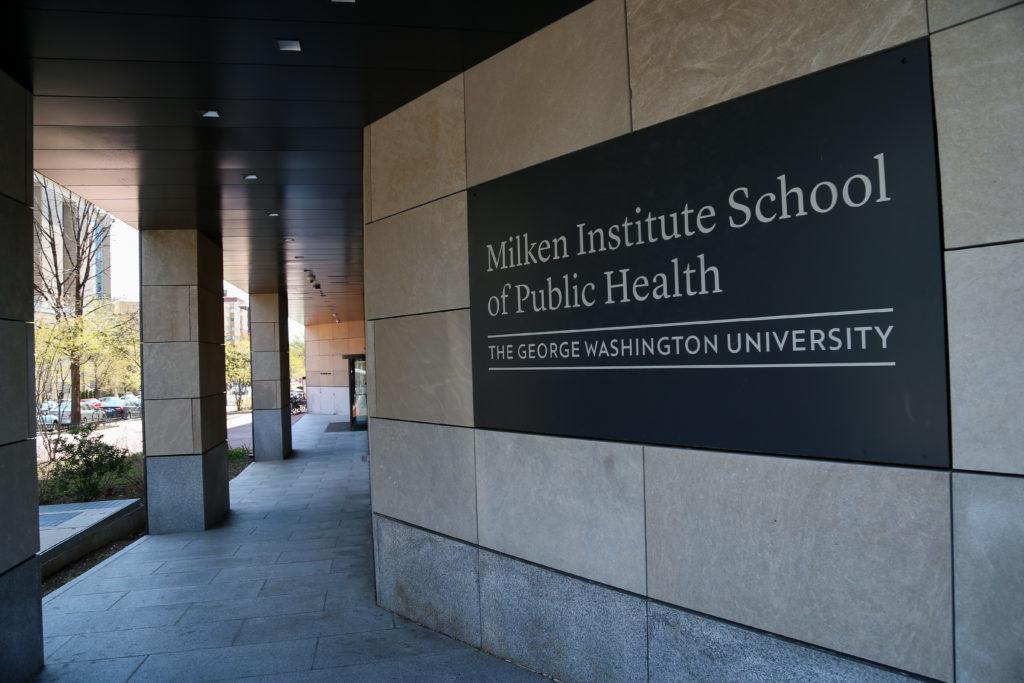The dean of the Milken Institute School of Public Health testified before a U.S. House of Representatives committee Thursday morning to urge lawmakers to re-evaluate how the government prepares for natural disasters.
In testimony before the oversight and government reform committee, Lynn Goldman – who has been at GW since 2010 – highlighted the Hurricane Maria study conducted by the public health school and released in August. The study assessed Puerto Rican mortality rates from the hurricane, showing that older adult males experienced greater excess mortality rates.
“Like all of the U.S., the physicians in Puerto Rico do not have the correct guidance to complete death certificates to relate deaths to hurricanes and natural disasters,” Goldman said. “But we didn’t find that the hurricane affected the quality or completeness of death certificates, although it did create some delays in some of the records.”
Goldman said the GW researchers found Puerto Rico lacked staffing and adequate plans for crisis and emergency risk communication. She added that communities on the island were not prepared for a “catastrophic” hurricane.
“What we learned is that people felt that they were prepared for a Category 1 or 2 storm but not for a 4 or 5 storm,” she said. “Regarding hurricane mortality, there was inconsistent information provided to the public by the government of Puerto Rico.”
She said in her testimony that Puerto Rico was “vulnerable” with electrical and transportation systems that were not resilient.
“None of the responders could make up for the lack of prior planning and preparation, and we have observed this problem again and again with other hurricanes as well,” she said.
The communities that were unprepared were unable to “create a response on the fly,” Goldman said. She added that existing resources need to be targeted to the elderly and those living in lower income areas. For the coastal regions in particular, Goldman said there must be plans in place to protect medical facilities and evacuate people.
“We need to change from a culture of disaster and response to a culture of preparedness and resilience,” she said.
In September, President Donald Trump claimed that the research from the Milken Institute School of Public Health estimating 3,000 deaths in Puerto Rico after Hurricane Maria was “done by the Democrats” to “make me look as bad as possible” on Twitter. But Goldman fired back at the president’s claim that the research was driven by partisan politics in a Washington Post op-ed.
She said the public health school plans to conduct additional research on the implications of excess mortality from Hurricane Maria in Puerto Rico. She said additional studies will help identify other health impacts and find better ways to prepare Puerto Ricans for future disasters.
“We would like to see improvements in federal guidelines and training for death certificates as well as strengthening of public health systems,” she said in the testimony.





